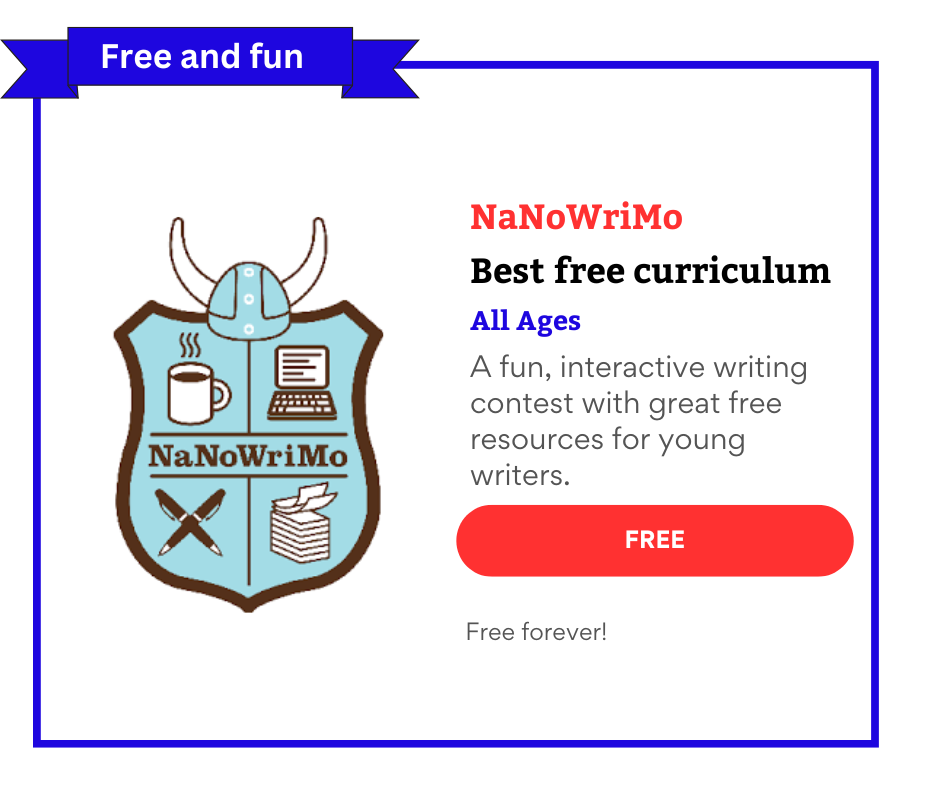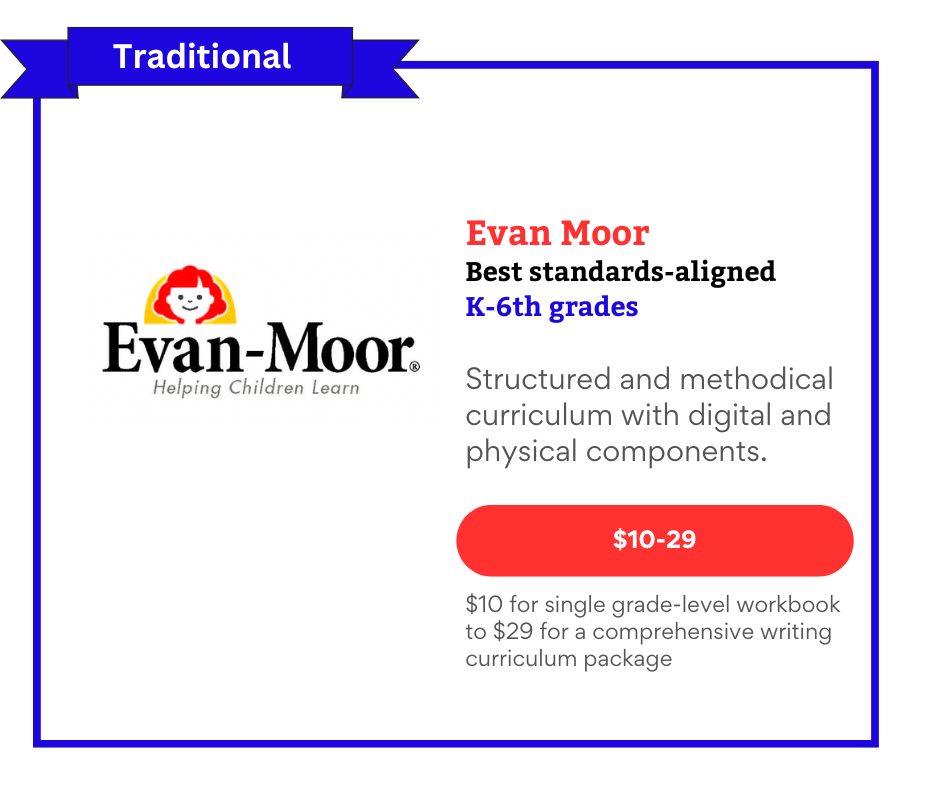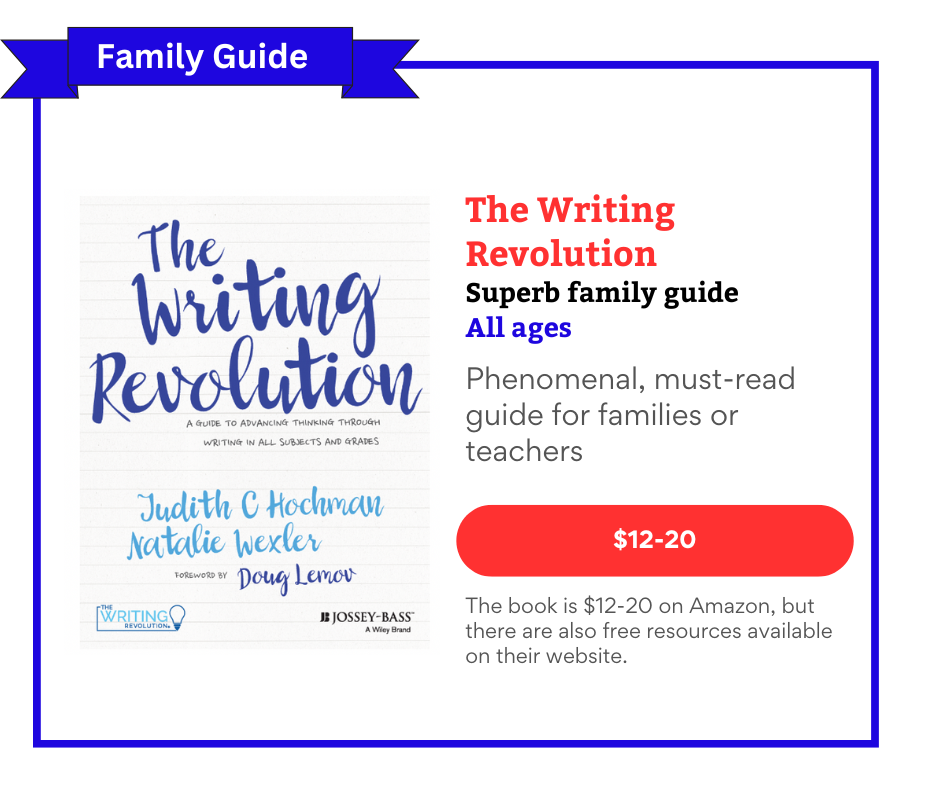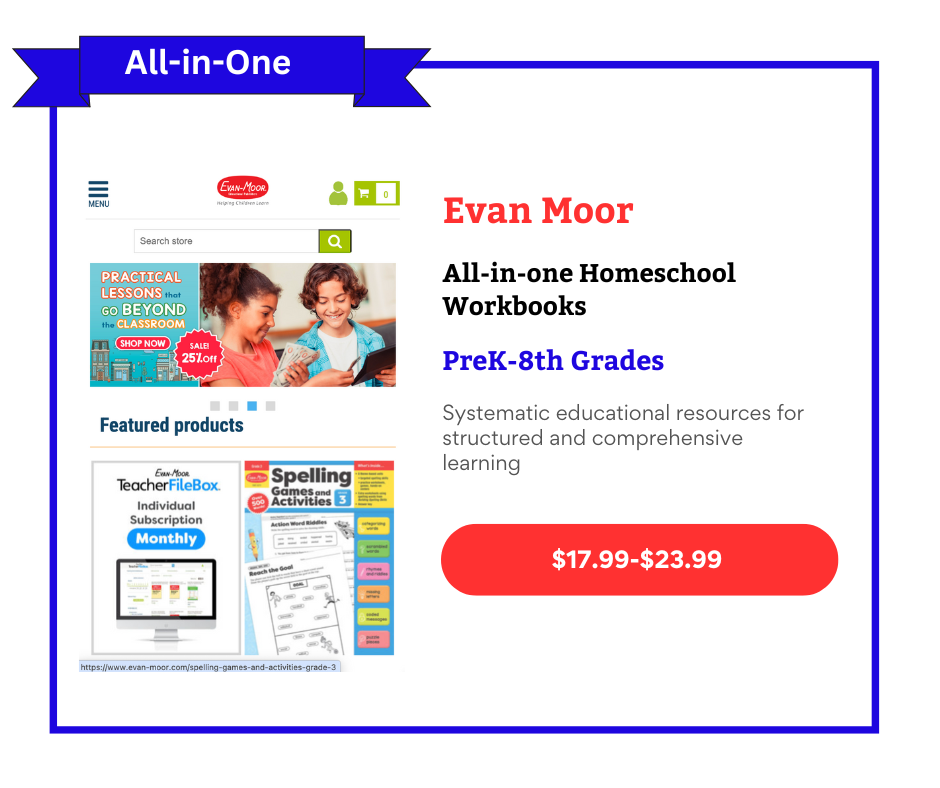NaNoWriMo
NaNoWriMo, or National Novel Writing Month, was founded in 1999 by Chris Baty and a group of friends in the San Francisco Bay Area. Motivated by a combination of ambition and a bit of whimsy, Baty aimed to address the common writer's desire to write a novel by providing a structured, deadline-driven environment. This was spurred by his own challenges with staying motivated in creative endeavors. From a modest beginning with 21 participants, NaNoWriMo has grown into a global phenomenon, engaging hundreds of thousands of writers each November (NaNoWriMo) (Small Print Magazine) (Wikipedia).
Grades NaNoWriMo is best suited for students in middle school and above, up to 12th grade.
Cost Participation in NaNoWriMo is free, making it accessible for all homeschooling budgets.
Differentiation: What Makes NaNoWriMo Special NaNoWriMo is unique due to its foundation in community and support, coupled with a rigorous yet exhilarating challenge to write 50,000 words in a month. Unlike other writing programs that focus on the polish and precision of the writing process, NaNoWriMo emphasizes output and completion, fostering a "quantity over quality" approach that prioritizes the act of finishing a draft over perfecting it (Good Story Company).
How to Get Started To participate in NaNoWriMo, homeschoolers simply need to register on the NaNoWriMo website, where they can track their progress, connect with other participants, and access a wealth of writing resources. Registration is free, and the event officially starts on November 1st each year.
How It Works NaNoWriMo is ideally suited for homeschooling as it offers flexibility in how it's implemented. Participants are encouraged to write roughly 1,667 words per day, aligning with their personal schedules. While it's largely self-directed, many homeschoolers might find integrating group write-ins or virtual check-ins helpful. It's an independent activity but benefits greatly from parental encouragement and oversight in setting routines and goals (Wikipedia).
What Educational Concepts It Teaches
Creative writing and storytelling
Project management and self-discipline
Research and development of ideas
Editing and revising drafts
Peer feedback and community involvement
What’s Good About It Participants love the liberating challenge of NaNoWriMo, which pushes writers of all ages to finally put their novel ideas into words. The community aspect is frequently highlighted as a significant benefit, providing both motivation and support. Many also appreciate the program's flexibility and the personal satisfaction that comes from achieving such a daunting goal (Good Story Company).
What Could Be Improved Despite its many benefits, NaNoWriMo can be overwhelming due to its fast pace and high word count goal. Some participants find the quality of writing can suffer in the rush to meet word counts. Additionally, the lack of structured feedback on the writing can be a limitation for those seeking to improve their craft through the program (Good Story Company).
Advice from Parents Parents recommend setting up a dedicated writing schedule and workspace to help young writers stay focused. Involvement in local or online NaNoWriMo communities can also provide extra motivation and support. Encouraging regular breaks and balancing writing with other educational activities can prevent burnout (Good Story Company).
Who It’s an Ideal Fit For NaNoWriMo is perfect for homeschooled students who are self-motivated, enjoy writing, and are looking for a challenging but rewarding project. It suits those who thrive under deadlines and are excited by the prospect of a large, month-long commitment to a creative goal (Good Story Company).
Who It’s Probably Not a Fit For It may not be suitable for younger students or those who get easily overwhelmed by large projects or strict timelines. Students who struggle with writing or who prefer more structured, guided learning experiences might find NaNoWriMo particularly challenging (Good Story Company).
Ways to Get It Everything needed to participate can be accessed through the NaNoWriMo website, where students and parents can register and join the writing community each November.








Discover how Night Zookeeper transforms homeschooling with a creative writing program that excites and educates. This in-depth review by Manisha Snoyer covers everything from getting started to program benefits and practical tips for parents.